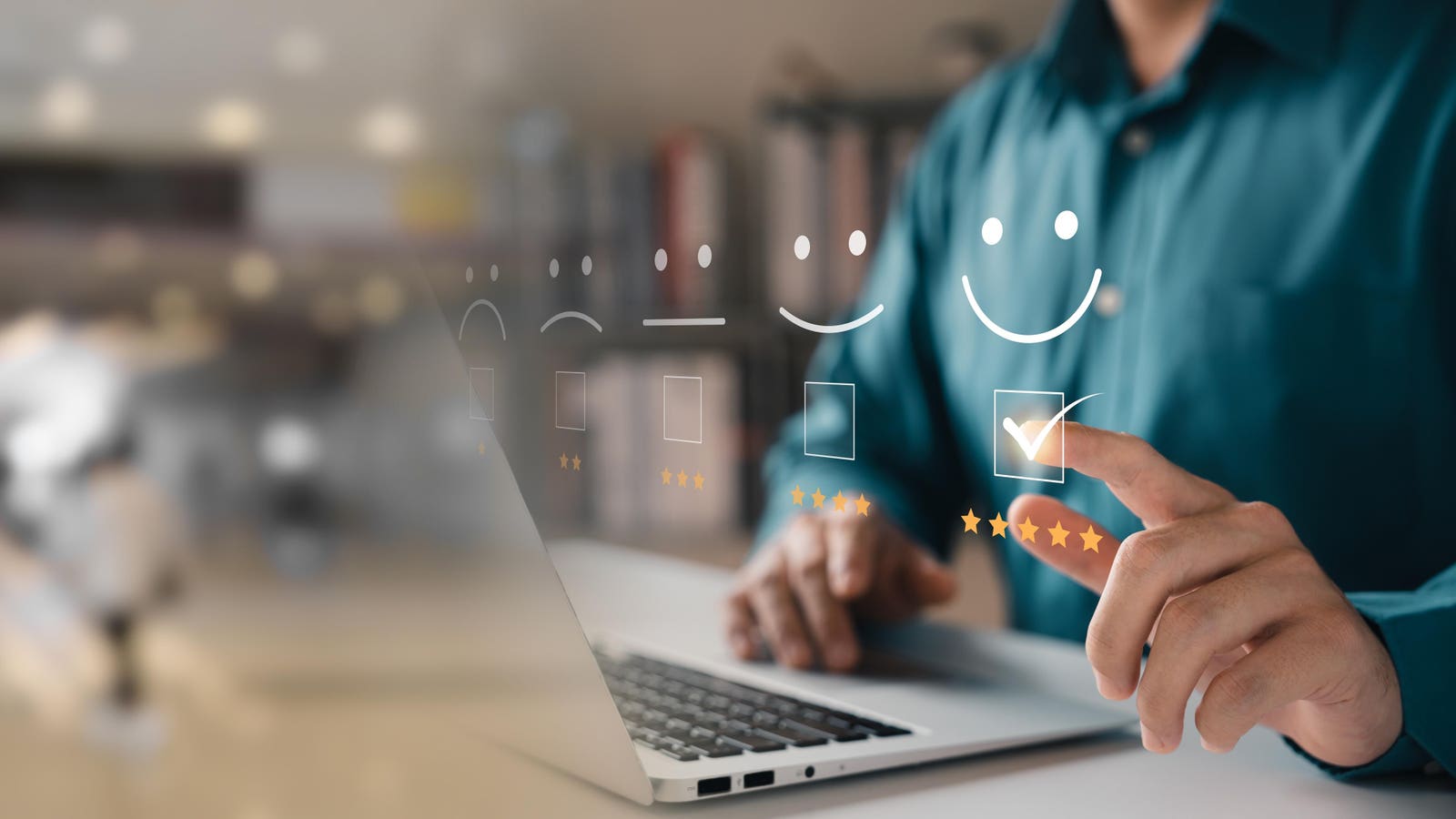Can AI Lead Us to Happiness?

Is AI Our Path to Happiness?
As technology evolves, we often wonder about its ability to improve our lives. Artificial Intelligence (AI) remains a hot topic, especially when discussing happiness and overall well-being. The following sections will explore how AI affects our emotions, relationships, and productivity.
Understanding AI and Its Role
What is Artificial Intelligence?
Artificial Intelligence refers to technologies designed to simulate human intelligence. This includes machine learning, natural language processing, and robotics. AI applications range from simple virtual assistants like Siri to complex analytics software used by large corporations.
AI in Daily Life
AI is seamlessly integrated into many aspects of our daily routines. Here are some common uses:
- Virtual Assistants: Devices like Amazon Alexa or Google Assistant can help organize our tasks and answer questions.
- Recommendation Systems: Platforms like Netflix and Spotify use AI to suggest movies, shows, and music based on our preferences.
- Smart Home Technology: AI-controlled devices can manage home environments, improving comfort and convenience.
The Psychological Impact of AI
Enhancing Emotional Well-being
AI has the potential to make significant contributions to mental health. Here are some ways it promotes emotional well-being:
- Chatbots for Therapy: AI-driven chatbots like Woebot provide instant support for individuals struggling with mental health issues. They offer coping techniques and a listening ear.
- Mood Tracking Applications: Apps powered by AI can analyze patterns in user behavior, helping individuals understand their moods and triggers better.
Facilitating Connections
AI can also help foster human relationships:
- Social Media Algorithms: These algorithms help curate news feeds and friend suggestions, allowing users to stay connected. They can enhance our social interactions by introducing us to like-minded individuals.
- Matchmaking Services: Dating apps use AI to analyze profiles and match users based on compatibility. This allows people to find meaningful connections more efficiently.
AI and Productivity
Optimizing Workflow
AI can dramatically increase productivity by automating repetitive tasks. Consider the following advantages:
- Task Automation: Tools like Zapier can automate processes, reducing the time spent on mundane tasks like data entry.
- Smart Scheduling: AI-driven apps can analyze calendars and preferences to suggest optimal meeting times, ensuring more efficient time management.
Enhancing Creativity
AI can also be a valuable ally in creative endeavors:
- Content Creation: AI writing assistants can help draft articles, reports, and marketing materials, allowing individuals and teams to focus on high-level strategies.
- Design Assistance: AI tools can generate design options, offering inspiration and streamlining the creative process for graphic designers.
Potential Drawbacks of AI
Limited Human Interaction
While AI can provide support, it can’t fully replace human interaction. Over-reliance on AI tools may lead to social isolation. It’s essential to strike a balance between using technology and engaging with people directly.
Misinterpretation of Emotions
AI systems analyze data to assess emotions; however, they can sometimes misinterpret human feelings. This limitation can lead to responses that may not resonate with users, particularly in emotional or complex situations.
The Future of AI and Happiness
As AI continues to grow, its potential to improve our happiness will likely expand as well. With innovations in emotional intelligence and human-centered design, AI could offer even more ways to support our well-being.
As technology and society evolve together, understanding and navigating AI’s role in our lives will be vital. Embracing AI thoughtfully could pave the way for a happier, more fulfilling future for individuals and communities alike.






